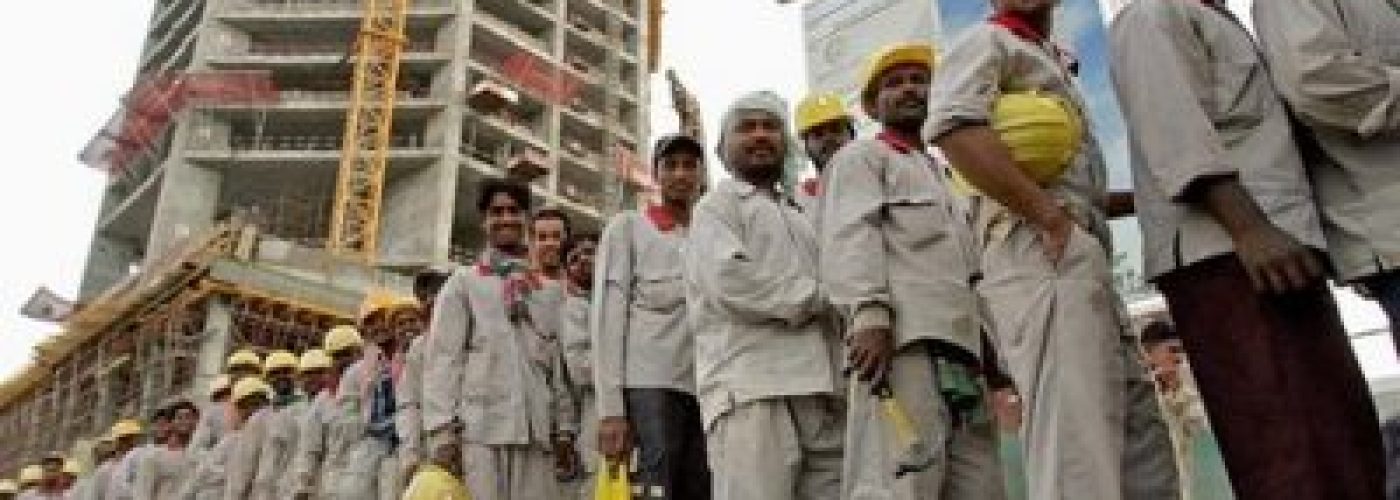Turkey’s construction market is in a position of significant health. Growth has been steady and sustained, with the industry’s turnover increasing by 4.6 per cent year on year in 2014, while overall production climbed by three per cent over the same period.
Further evidence of the market’s strength can be found in a new report from online projects tracking service MEED Projects, which reveals that the value of Turkey’s major active construction works stands at almost $350 billion.
Reasons for Turkey’s building industry growth
According to MEED, the current expansion of Turkey’s construction market can be partly attributed to two key factors: the country’s burgeoning economy, and its increasing population.
GDP growth for 2014 stood at 2.9 per cent, despite the challenges facing some of the world’s major economies. What’s more, it increased by 2.3 per cent in the first quarter of 2015, beating the 1.7 per cent predicted by analysts in a Wall Street Journal survey.
Furthermore, Turkey’s population is on the up, creating greater demand for housing and infrastructure, while also meaning the country has more consumers than ever before to earn and spend money. Its population has almost tripled since 1960 to 75.8 million, while annual growth stood at 1.2 per cent by the end of 2014. This is at a time when many developed markets are seeing their populations shrink.
Government support spurs building activity
While growth in population and GDP are undoubtedly attractive reasons for developers – both local and international – to build in Turkey, they are far from the only factors.
Another key incentive is the positive climate for investment cultivated by the Turkish government. The majority of large construction projects are carried out as public-private partnerships, allowing contractors to invest on a long-term concession basis and reduce their exposure to risk.
Ed James, director of content and analysis at MEED Projects, explained: “The combination of a large and liberalised projects market along with transparent tendering processes makes Turkey an immensely attractive proposition for contractors, consultants and suppliers alike, who are concerned about a potential slowdown in project activity in the Middle East caused by lower government spending on the back of falling oil revenues.
“For companies looking to diversify and enter new markets, Turkey is an ideal opportunity, especially given its proximity and cultural affinity with the region.”
Examples of major projects driving the Turkish building market
The biggest and most high-profile of Turkey’s active construction projects is Istanbul New Airport. Costing $11 billion for the first phase alone, this project includes the construction of six runways and four terminals, giving it enough capacity to serve 150 million passengers a year – and with the potential to increase this number to 200 million in future if demand is high enough.
Another major development is the planned Istanbul International Financial Center, a $2.6 billion initiative to build what has been dubbed “Istanbul’s Wall Street”. Comprising 4.2 million sqm of office, residential, retail, conference, hotel and park space, it is intended to establish a sustainable finance centre that combines a global outlook with Turkish ideals. Part of the plan involves the construction of supporting infrastructure, including a dedicated subway line and station.
Arabian Gulf investors have also been keen to finance projects in Turkey. A prime example is Dubai-based Emaar Properties, which is building a hotel, shopping centre and more than 1,000 homes at its Emaar Square development in Istanbul.
With nearly $350 billion of major projects already underway and a government seemingly committed to ensuring ongoing growth in the construction industry, Turkey clearly represents a sizeable opportunity for international building materials suppliers.





